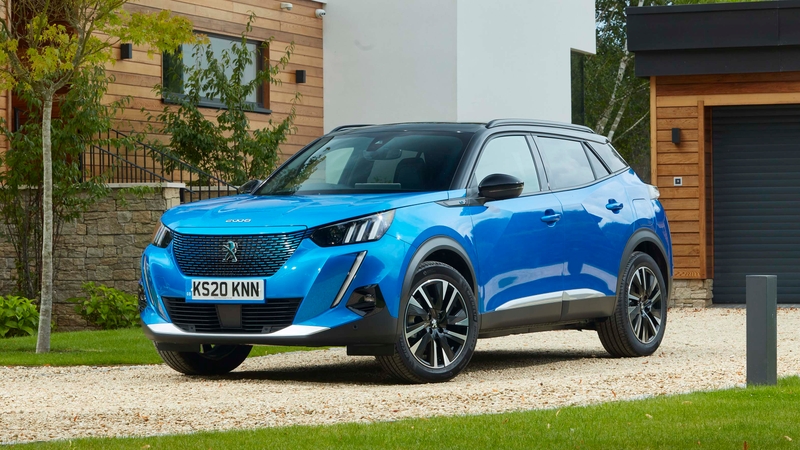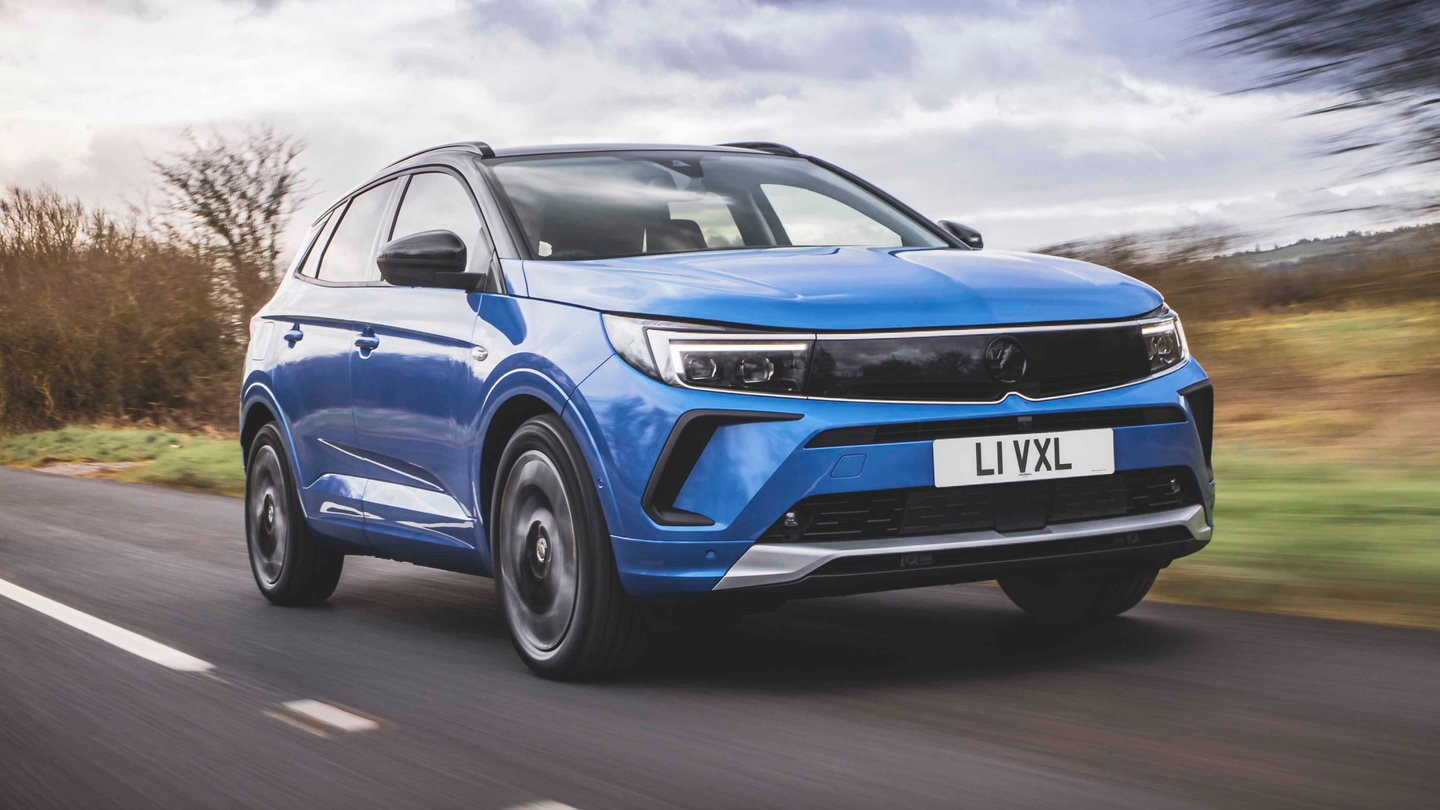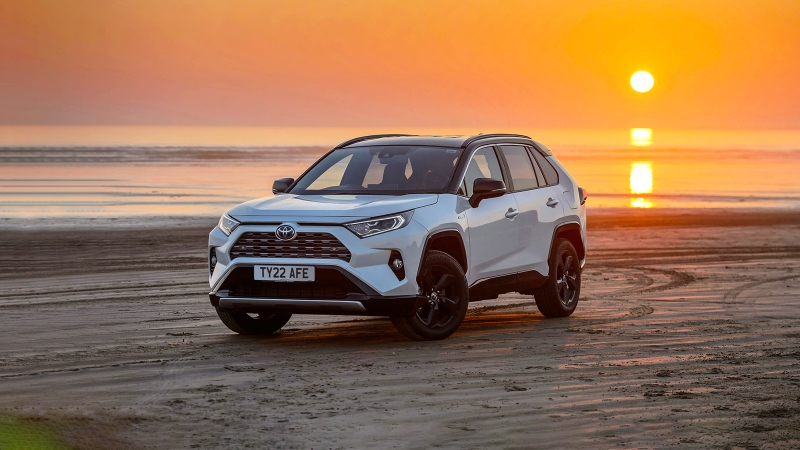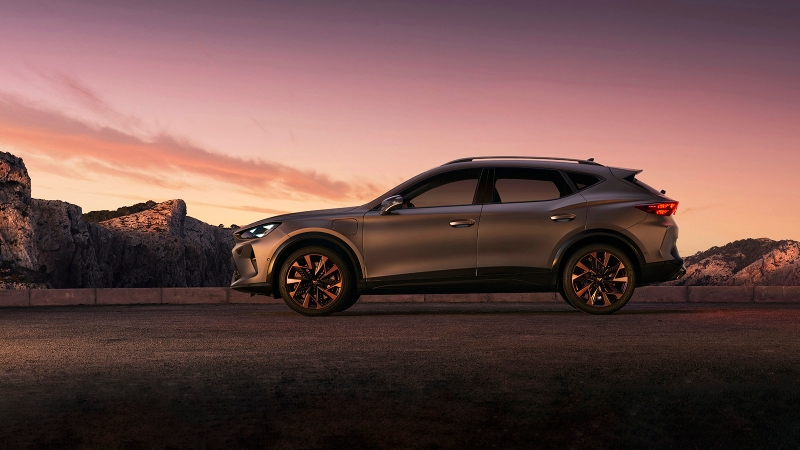
BMW X2 engines, driving and performance
Gallery
How does the BMW X2 drive?
Considering it scores such mediocre marks for practicality, it’s a good thing that the BMW X2 drives as well as it does. On the road, the car strikes a great balance between handling and ride quality, managing to be entertaining when you want to drive enthusiastically, and relaxed enough that it’s not fatiguing if you just want to get from A to B without hassle.
There’s the briefest hint of body roll as you dart into a turn, but the X2 always feels settled on its suspension and never gets launched about unpredictably by scruffy surfaces. The steering and pedals feel immediately intuitive as soon as you set off, without any guesswork needed for how much turning lock or braking force to apply.
Nor is the X2 some red-eyed race car. The car faithfully goes where you point it and, when just cruising about, it demands no more effort from the driver than a standard family hatchback.
Is the BMW X2 comfortable?
Considering it feels so sporty when driven quickly, it’s impressive that the X2 manages to tune out a lot of the worst road impacts. Not only that, it does so without feeling wobbly like some cars that focus more on driving comfort.
You’ll still feel the bumps – as well as hear them as impacts through the suspension – but the hard edges are ably sanded off, making long journeys easy to tackle without becoming fatigued. M Sport models get larger wheels and stiffer suspension – this doesn’t actually send that many more bumps through your seat, but you may notice a little more patter from the wheels over scruffy surfaces.
What’s the best BMW X2 engine to get?
Entry-level petrol and diesel cars are badged 18i and 18d respectively. These units have more than enough power to get the X2 up to speed without complaint, but we think the extra shove from the 20i or 20d engines makes them worth the step up as they suit the X2’s sporty character.
We’re yet to try the X2 M35i yet but we can’t help but feel the extra expense is unlikely to be worth it. It’s not vastly quicker than the plug-in hybrid X2 but costs a lot more and, if we wanted a car with that kind of serious performance, we’d be more tempted by the M135i hatchback or M235i four-door coupe, as these are better optimised for fast driving.
Speaking of the plug-in hybrid, it feels every bit as quick as its 220hp and 6.8-second 0-62mph time would suggest. And, if you can resist deploying all that power, you can waft all the way up to motorway speeds on electric power alone. Drive efficiently and you’ll see either 30 miles of electric range or a combined total of more than 150mpg.
BMW X2 performance
The obvious performance winner in the X2 lineup is the M35i model, with 306hp and a 0-62mph time of just 4.9 seconds. With standard four-wheel drive and its fast-shifting automatic gearbox, this model is ferocious when you put your foot down.
Despite this, in the real world, the xDrive25e plug-in hybrid feels more than quick enough. The strong electric motor always makes its presence felt when driving, with loads of initial acceleration at low speeds, all without any audible fuss thanks to the near-silent electric motor. Combine the motor with the on-board 1.5-litre turbo petrol and this version feels like it could readily embarrass some proper hot hatches.

















































